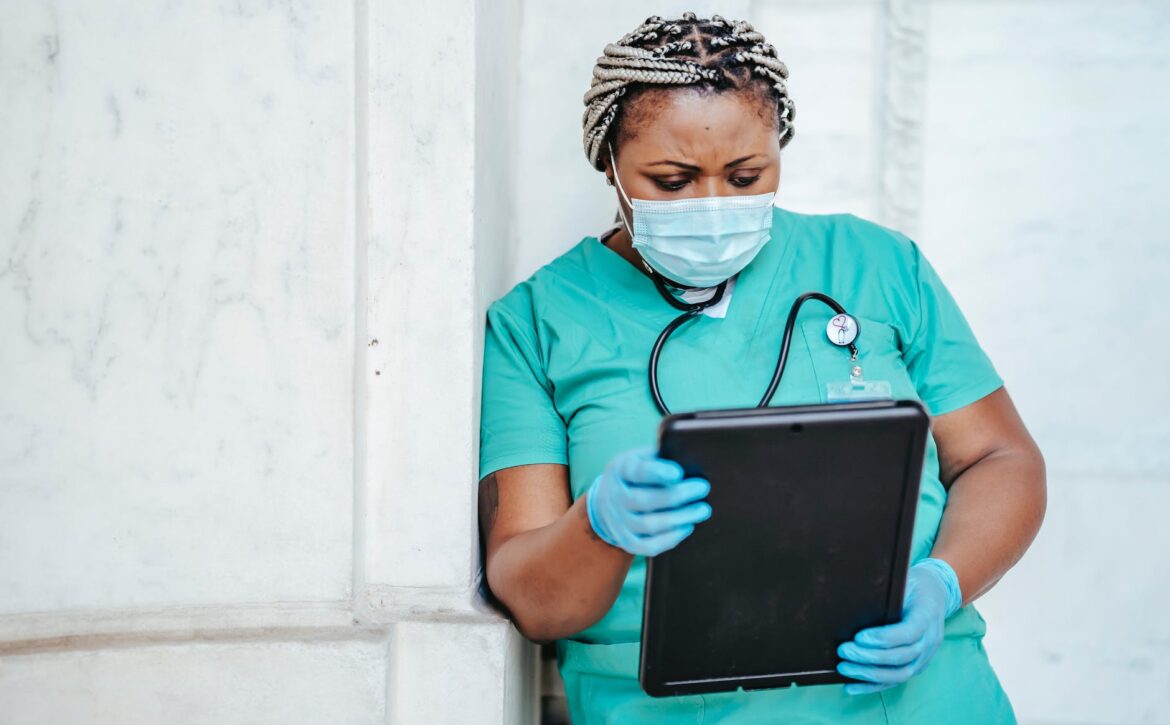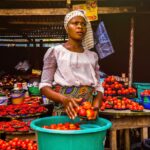Reflecting on the Southern Africa Region’s Different Responses to COVID-19

In the first instalment of Society Talks, the conversation centered on the responses of various governments in the SADC region, just after the announcement of projected COVID-19 numbers in Africa: a million infections, with 300 000 expected fatalities. Panelists included Nnimmo Bassey, Environmental Justice Advocate and Director at Health of Mother Earth Foundation (Nigeria), Liepollo Lebohang Pheko, Political and Feminist Economist, Public Intellectual and Senior Research Fellow at Trade Collective, and Nancy Kachingwe, Consultant specializing in women’s rights, public policy and advocacy strategy; hosted by Masego Madzwamuse, CEO of Southern Africa Trust.
Nnimmo Bassey opened the discussion, with his views on their ported COVID-19 numbers in Africa, and his concerns on the showmanship that is emerging. He expressed his opinion that many are treating the pandemic as a marketing opportunity, citing Bill Gates for investing in a number of factories who seek to manufacture a vaccine.
Liepollo Lebohang Pheko spoke on the language of lockdown and how she found it very disturbing. Likening the lockdown to a form of incarceration, she touched on the restriction of movement through border closure and then went on to talk about the economics, and the approaches taken by different governments to address it. Looking at South Africa’s relief fund to augment social welfare grants, child support grants, to assist people not on any form of grant or eligible for UIF, and help businesses to keep going – a sharp contrast to the 2008 relief model, which was entirely corporate. The marked difference in the focus towards humanity and welfare across the continent, as well as the view to supporting entrepreneurs and small businesses, possibly unregistered, has been very welcome. She mentioned that the terms that different states are using (State of National Emergency, National Health Emergency, National Disaster) has given the executives, the army, the police, and the criminal justice machinery the opportunity to intervene as they see fit.
Nancy Kachingwe looked at the gaps that exist for emergency health care responses in different countries. Examining the various types of political economies that exist: patriarchal, top down, conservative, secretive and non-transparent, hesitant to open up to real dialogue and to be responsive, often focused on outsourcing contracts rather than real service delivery, was something she thought should be talked about. Looking at health and medical responses, Nancy termed the current state as ‘threadbare’, emphasizing how the pandemic has brought its inadequacies sharply into focus. In terms of demographics and socio-economic realities, she said it is very clear that our states don’t have the data or a grip on the day-to-day realities, and that their pandemic response plan has not been broad enough to cater for all these varying groups.
In response to a question of what strategies are needed to move forward, Nnimmo started by stating that no country in the world was ready with their health response to this pandemic. He said that it is time for Africa to look at the health of the environment. He also mentioned that the global ‘one-size-fits-all’ approach of social distancing to curb the spread of COVID-19 cannot work in Africa, because of the social fabric of community and family living.
Lebohang theorized the need for a common fund, trust or forum for modelling alternative ideas. She also spoke about mainstreaming the alternative ideas, bringing a voice to student and feminist movements. Nancy spoke of the need for more accurate data to provide depth and understanding for better adapted policy responses.
It is a time to reframe and renegotiate toxic trade agreements, so that African countries can be more interdependent on one another. This [the pandemic] is a warning to change and prepare the economic directive to be more holistic, looking at the reproductive economy, the care economy, health and environment.
Click here to watch the full webinar.
=========================
Society Talks is a weekly public dialogue hosted by the Southern Africa Trust through a live stream on YouTube. The dialogue brings together stakeholders within the development and business community, civil society and the public to inform, engage and share experiences with the broader society.
Connect and participate every Wednesday at 16h00 Central Africa time (GMT +2).









